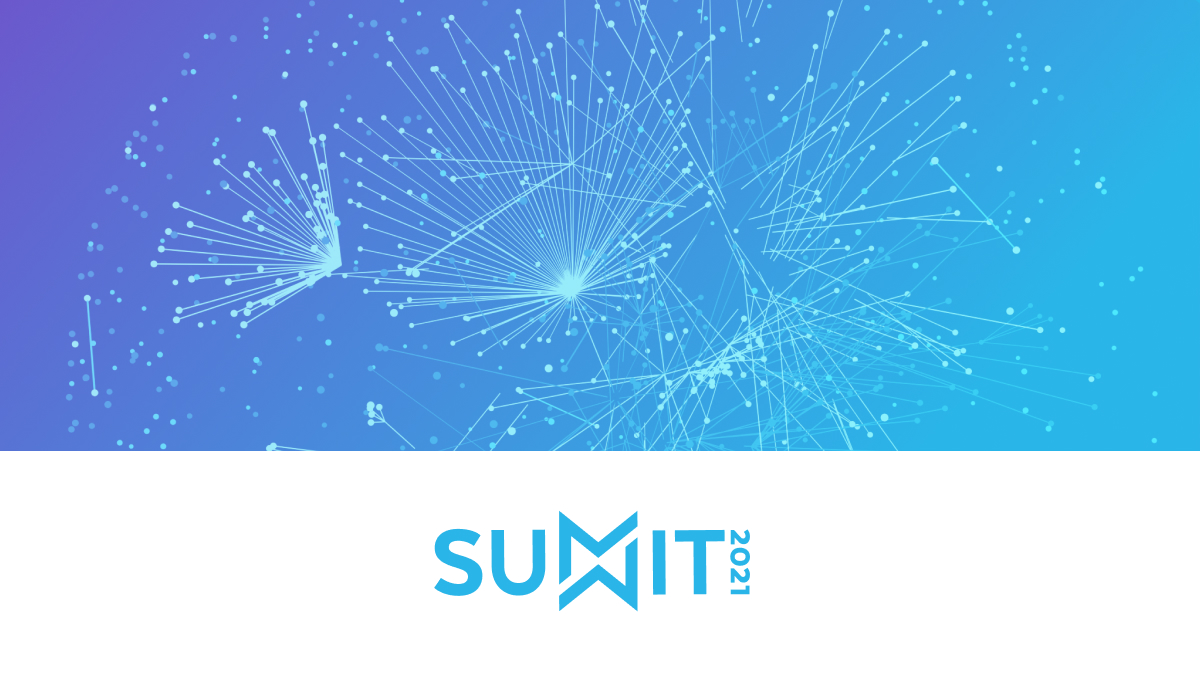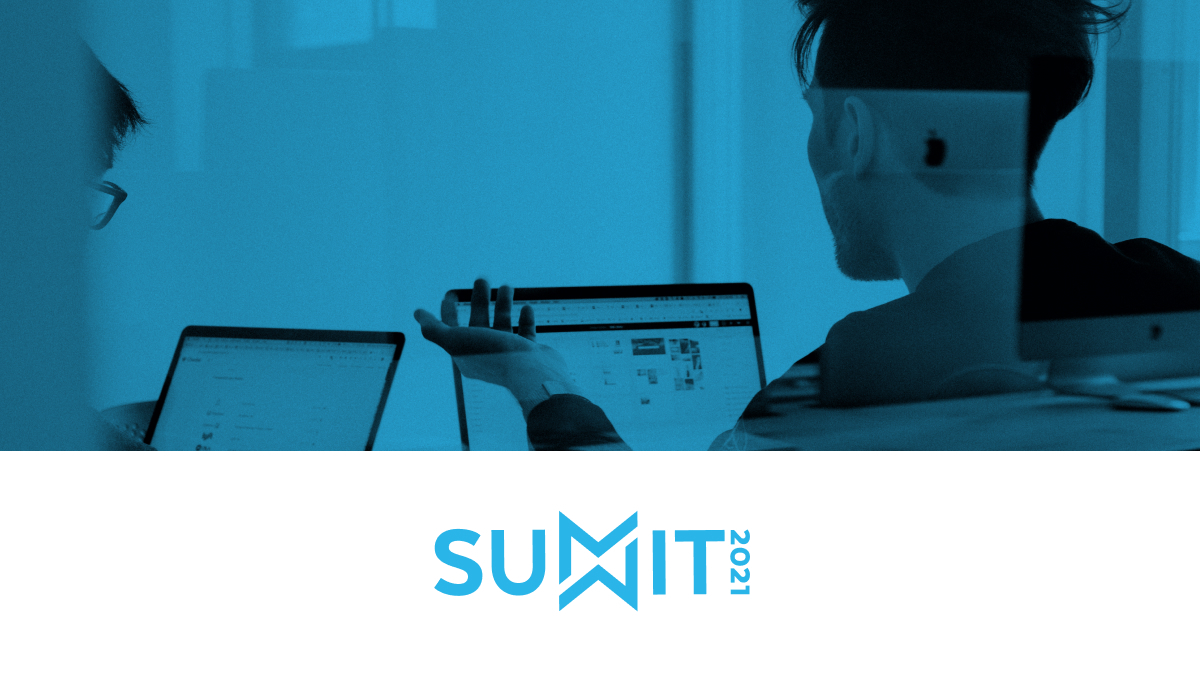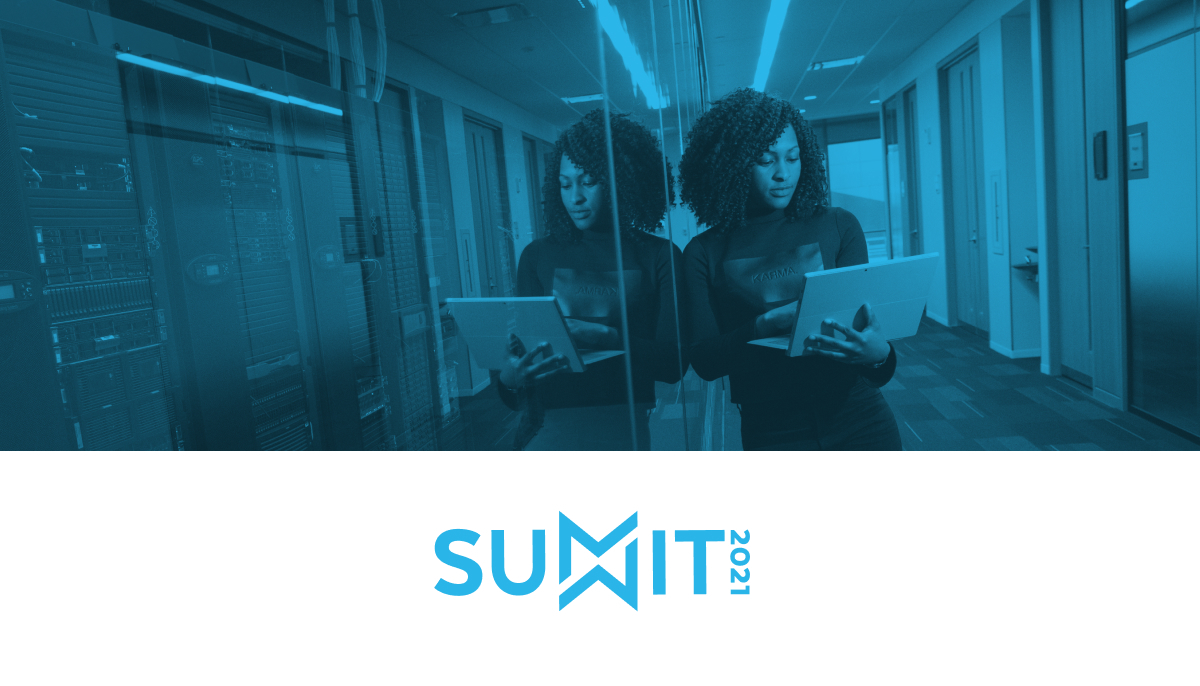At this year’s Snowflake Data Cloud Summit: Data Together Now, customers and partners from around the world came together to explore the transformational power of data and Snowflake’s vision for bringing the world’s data together in the Data Cloud. Over the course of two days and 70 sessions, attendees were inspired by keynotes, learned from their peers in customer and partner sessions, and participated in hand-on labs and technical deep-dives.
At Summit, Snowflake also announced innovations across five main areas: data programmability, global data governance, platform optimizations, connected industries, and Powered by Snowflake. These innovations will further empower organizations to bring more data together in the Data Cloud and to derive more value and business insight from that data.
“Our singular focus is to increase the data capability of your organization in order to get more value out of data, to gain more timely insights, and to build better products and services,” Christian Kleinerman, Snowflake’s Senior Vice President of Product, said. “Not only do we continue to advance in terms of capabilities and price/performance, but we do so while ensuring the governance of data and simplifying the programmability of data.”
Data Programmability Advancements Bring Development Ease and Greater Flexibility
Snowflake announced advancements in data programmability that provide more flexibility and greater extensibility for users across programming languages and programming models, making it easier to leverage the Snowflake Data Cloud. “For our customers, data programmability is at the heart of running pipelines, transforming data, and extracting value from data,” Kleinerman said. The data programmability innovations highlighted during Summit include:
Snowpark and Java UDFs Snowflake’s developer experience, Snowpark, enables data engineers, data scientists, and developers to use their preferred language and familiar programming concepts, and then execute these workloads directly within Snowflake. Snowpark is available in private preview for Scala and Java, with public preview coming shortly, and plans to support Python and additional languages in the future. In addition, with Java UDFs, customers can bring their custom code and business logic to Snowflake for better performance and expanded use cases, all while reducing management complexity. Java UDFs are currently in private preview, with public preview coming soon.
Snowpark Accelerated Program. Snowflake also launched the Snowpark Accelerated Program to provide partners with access to technical experts and additional exposure to Snowflake customers. Now partners who are part of Snowflake Partner Network (SPN) can integrate and build solutions with Snowpark and Java UDFs to help solve customers’ most complex data science, data integration, security, and BI challenges. The Snowpark Accelerated Program currently has nearly 50 partners participating.
Unstructured data support. Snowflake is bringing accelerated time-to-value to unstructured data, enabling customers to store, govern, process, and share files as they do with structured and semi-structured data. Unstructured data management features are in private preview, with public preview coming soon.
SQL API. The Snowflake SQL API is a REST API that enables applications to programmatically call Snowflake directly, without the need to set up and maintain an external API management or app services layer. With support for standard SQL functions such as SELECT, INSERT, CREATE, COPY, and MERGE, the new API enables customers to automate administrative tasks, integrate Snowflake with their custom applications, and build customer-facing data applications that are enabled by Snowflake without having to provision and manage infrastructure. This is in public preview now.
Machine learning with Amazon SageMaker. Using familiar SQL, customers can soon bring the power of SageMaker Autopilot (integration soon to be in private preview) to automatically build and deploy the best machine learning (ML) models natively from inside Snowflake. And with the addition of Snowflake as a data source in Amazon SageMaker Data Wrangler (integration now generally available), joint customers can accelerate data preparation and feature engineering, giving customers the ability to go faster from raw data to ML-driven insights.
Serverless Tasks. An enhancement to Tasks, a native object for scheduling operations within Snowflake, Serverless Tasks will enable a serverless execution model in which Snowflake determines and schedules the appropriate amount of compute resources needed to execute an operation. “We want our customers focused on data and not on the infrastructure,” Kleinerman said. Serverless Tasks are currently available in private preview.
Schema detection. Among the most common requests from Snowflake customers, schema detection and extraction based on data values are now in public preview. Schema detection currently supports Parquet, AVRO, and ORC, with plans to support additional file formats and schema evolution in the future.
New Capabilities Simplify Global Data Governance and Privacy
“Security and protection of data have been top imperatives for us at Snowflake since the early days,” Kleinerman said. “Our vision for a data-connected world with seamless sharing and collaboration is no exception. Data governance and privacy are critical.” The global data governance capabilities announced today include:
Classification. Snowflake’s new classification capability automatically detects personally identifiable information (PII) in a given table and annotates it using Snowflake’s tagging framework. Users can then apply the appropriate security controls to protect the data. This seamlessly integrates with Snowflake’s overall governance framework, enabling role-based policies to be used to control access to the data. Classification is currently in private preview.
Anonymized views. Anonymized views protect customer privacy and identity while retaining analytical value of customer data. Anonymized views can be shared and queried, with role-based controls dynamically applied at query time, without changing the base table. The private preview of anonymized views will be coming soon.
Object tagging. Snowflake object tagging enables the tracking of sensitive data, making it easier to audit and control access policies at scale. Tags can also be applied to compute objects to track resource usage and improved visibility for cost attributions. Object tagging is currently in private preview.
Access history. Access history is a new view in Snowflake that helps customers produce granular, column-level reports to satisfy compliance audits. In addition, this view can identify unused tables or columns to help customers optimize storage costs, or conversely, it can identify frequently accessed assets for performance optimizations. Access history is in public preview.
Row access policies. Row access policies, now in public preview, provide a policy-based solution to dynamically restrict the rows of data in the query result based on contextual information such as username, role, or custom attributes (for example, geographic region or organization). This policy-based approach simplifies data access management and eliminates the need for maintaining data silos or multiple secure views.
Alation integration. With this new integration, data stewards can create, discover, and enforce Snowflake policies directly from Alation’s policy center and data catalog. This capability will be available soon in a future Alation release.
Platform Optimizations Deliver Better Performance and Cost Efficiencies
In addition to expanding the flexibility and functionality of the Data Cloud, Snowflake has continued to deliver better cost efficiencies, performance advancements, and additional use cases for customers. The platform optimizations announced today include:
Improved storage economics. Snowflake has improved data compression, thus reducing storage costs. One large customer has already seen 30% cost savings on storage for new data.
“Transparently, with no user action, with no configuration changes, with no application or query changes, our customers are leveraging better storage technology that directly translates to better storage economics,” Kleinerman said.
This change is already rolled out to all Snowflake customers and applies automatically to newly written data.
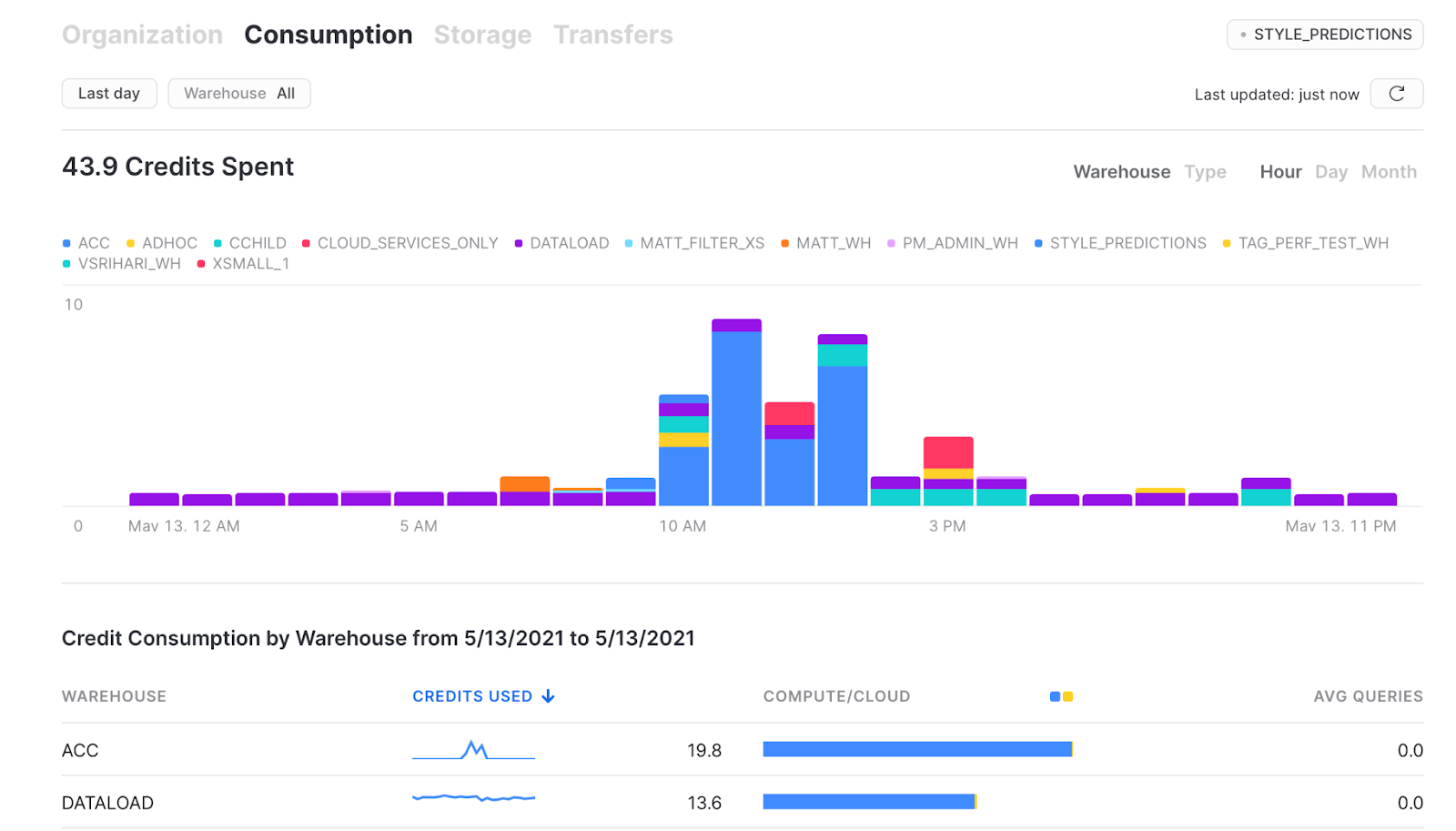
Improved support for interactive experiences. Snowflake is releasing updates to advance performance and concurrency for interactive dashboards and embedded analytics. These enhancements, now in private preview, result in up to a 6x improvement on query throughput on a single compute cluster, and up to an 8x improvement in average query duration for those workloads.
Usage dashboard. Snowflake has developed a new usage dashboard to help customers better monitor and understand usage and costs across the platform. The usage dashboard is in public preview.
Easing Collaboration and Data Procurement with Connected Industries
Finding data, ensuring it meets specified needs and requirements, and procuring data sets can be a complex process. To make this simpler for both data consumers and data providers, we introduced two new capabilities, currently in development, within Snowflake Data Marketplace that will be available in private preview later this year.
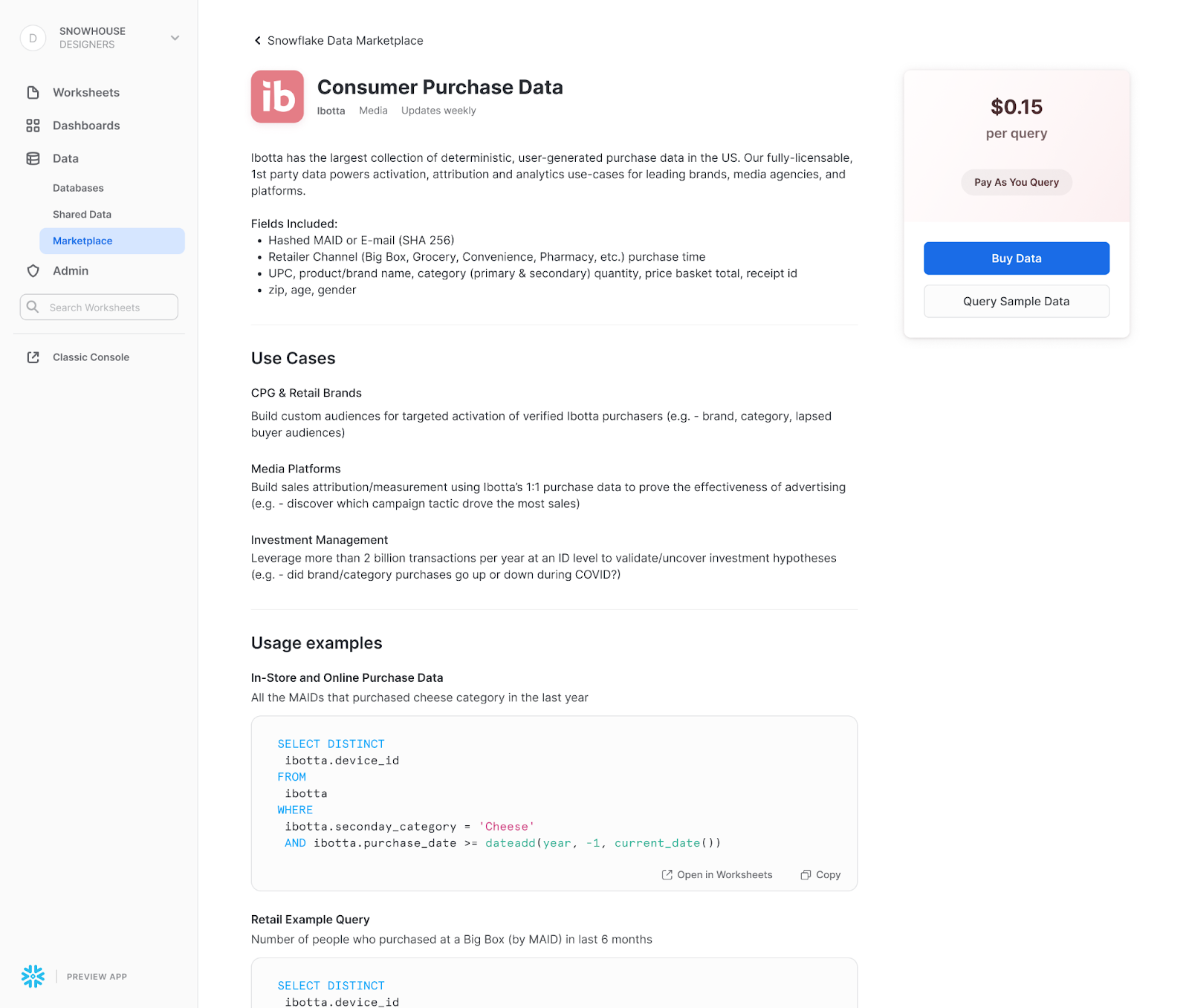
Discover and transact. Consumers of data can now discover and transact with data providers to purchase new data directly in Snowflake Data Marketplace with a usage-based pricing model. This self-service offering enables data providers to reach new markets and reduce the cost of selling and delivering data.
Try before you buy. A new try before you buy experience enables consumers to access sample data to locate and evaluate the best data sets for their needs before committing to a purchase. The ability to purchase data instantly in Snowflake and seamlessly upgrade to full data sets ensures data consumers have access to the data they need when they need it, while paying only for the data they use.
Build and Grow Applications Powered by Snowflake
Powered by Snowflake is a new Snowflake Partner Network (SPN) program designed to help software companies and application developers build, operate, and grow their applications on Snowflake. The program offers technical advice, access to support engineers who specialize in app development, and joint go-to-market opportunities. To learn more, visit https://snowflake.com/partners/PoweredbySnowflake
View Benoit Dageville and Christian Kleinerman’s keynote from the Snowflake Data Cloud Summit video here.
Watch Snowflake Data Cloud Summit sessions on demand here. For more details on what’s new with the Data Cloud, register now for the deep dive series starting July 6.
Forward-Looking Statements
This post contains express and implied forwarding-looking statements, including statements regarding Snowflake’s (i) business strategy, (ii) products, services, and technology offerings, including those that are under development, (iii) market growth, trends, and competitive considerations, and (iv) the integration, interoperability, and availability of our products with and on third-party platforms. These forward-looking statements are subject to a number of risks, uncertainties and assumptions, including those described under the heading “Risk Factors” and elsewhere in the Quarterly Report on Form 10-Q for the fiscal quarter ended April 30, 2021 that Snowflake has filed with the Securities and Exchange Commission. In light of these risks, uncertainties, and assumptions, actual results could differ materially and adversely from those anticipated or implied in the forward-looking statements. As a result, you should not rely on any forwarding-looking statements as predictions of future events.
© 2021 Snowflake Inc. All rights reserved. Snowflake, the Snowflake logo, and all other Snowflake product, feature and service names mentioned herein are registered trademarks or trademarks of Snowflake Inc. in the United States and other countries. All other brand names or logos mentioned or used herein are for identification purposes only and may be the trademarks of their respective holder(s). Snowflake may not be associated with, or be sponsored or endorsed by, any such holder(s).
